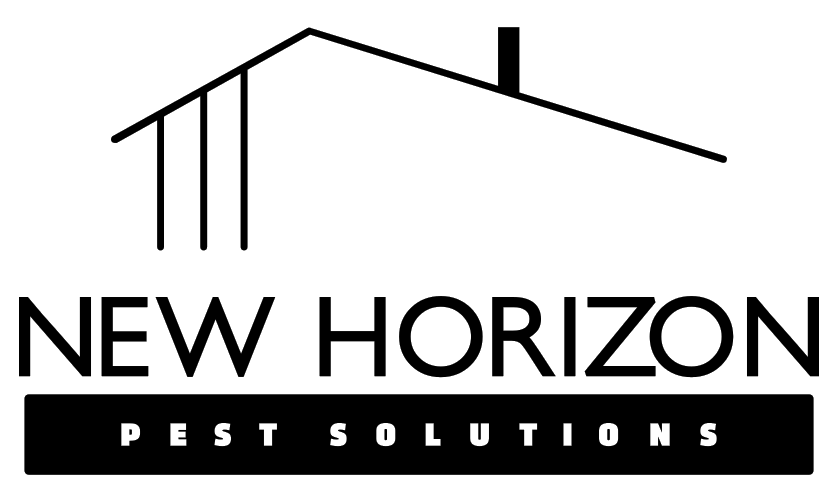General Pest Control
Q: What is Comprehensive Pest Management (CPM)?
A: Comprehensive Pest Management (often referred to as Integrated Pest Management or IPM) is a holistic approach that focuses on long-term prevention of pests. It involves a combination of techniques, including inspection, identification, sanitation, exclusion (sealing entry points), and targeted, minimal use of products. The goal is to solve the root problem, not just treat the symptoms.
Q: Why do I need professional pest control?
A: Professionals have the expertise, training, and specialized equipment to properly identify pests, assess the severity of an infestation, and apply EPA-approved treatments safely and effectively. Over-the-counter products are often ineffective against established infestations and can sometimes be unsafe or misused.
Q: How long does a pest control treatment take to work?
A: You can often see a significant reduction in pest activity within 1-2 days. Complete elimination, especially for severe infestations, may take up to 14 days or require follow-up visits, depending on the pest and the treatment plan.
Q: Are the treatments safe for my family and pets?
A: Reputable pest control companies prioritize safety. They use products that are registered with the Environmental Protection Agency (EPA) and are applied according to strict safety guidelines. In most cases, it is not necessary to leave your home, but your technician will advise you to leave the immediate area being treated.
Q: How often do I need pest control service?
A: For year-round protection in North Carolina's climate, a regular service plan (often quarterly or bi-monthly) is highly recommended. This maintains a protective barrier and allows for early detection of new pest issues, which is critical for long-term prevention.
Residential Pest Control
Q: What is covered in a standard residential pest control plan?
A: Standard plans typically cover a wide range of common household pests in the Apex area, such as ants, spiders, cockroaches, silverfish, and many more. Termite, bed bug, and mosquito treatments are often offered as separate or premium services.
Q: What should I do to prepare for a residential pest treatment?
A: Generally, you should clean all exposed surfaces, store open food in sealed containers, and clear clutter away from the areas to be treated, such as baseboards and under sinks. For specific pests like roaches, additional preparation (like cleaning carpets) might be recommended.
Commercial Pest Control
Q: How is commercial pest control different from residential?
A: Commercial pest control is tailored to the unique needs, regulatory requirements, and high-stakes environment of a business. Plans often focus on Integrated Pest Management (IPM), detailed electronic documentation, and minimizing disruption to business operations to protect the company's reputation and bottom line.
Q: What types of businesses do you service?
A: Services are available for a wide variety of commercial properties, including restaurants, offices, retail spaces, warehouses, healthcare facilities, and more.
Rodent Control (Rats and Mice)
Q: What are the signs of a rodent infestation?
A: Common signs include:
- Droppings (small, dark pellets) in drawers, pantries, or along baseboards.
- Scratching or scurrying noises in walls or the attic, especially at night.
- Gnaw marks on wood, wires, food packaging, or furniture.
- Nesting materials such as shredded paper, fabric, or insulation.
- Grease marks (smudges) along pathways or baseboards.
Q: How do you eliminate rodents?
A: Effective rodent control involves a multi-step process:
- Inspection: Identifying the species, nests, and all entry points.
- Exclusion: Sealing all access points with materials like steel mesh or copper wool to prevent future entry.
- Treatment: Using secure bait stations and humane trapping inside and outside the property.
- Sanitization: Safe cleanup of droppings and nests to prevent odor and disease spread.
Wood-Destroying Pests (Termites and Others)
Q: What are Wood-Destroying Insect Reports (WDIRs)?
A: A WDIR is an official report in North Carolina that documents a thorough visual inspection of a property for signs of wood-destroying insects like termites, powder post beetles, and wood-boring beetles. It is often required by lenders during a real estate transaction.
Q: Do I need a WDIR even if I don't see termites?
A: Yes. Termites often cause damage out of sight. A WDIR provides an essential safeguard for your investment. North Carolina properties are highly susceptible to subterranean termites, which can cause significant structural damage over time.
Q: What are the signs of a termite infestation?
A: Look for mud tubes (tunnels) on your foundation or walls, discarded wings near window sills or doors, or soft, damaged wood.
Moisture Control
Q: Why is moisture control important for pest control in Apex, NC?
A: Excess moisture in crawl spaces and basements is a major attractant for many pests common in our humid climate, including termites, rodents, cockroaches, and silverfish. High humidity also promotes the growth of mold and mildew and can lead to structural wood deterioration.
Q: What services are included in moisture control?
A: Services typically include:
- Crawl Space Encapsulation: Sealing the crawl space completely from the outside air.
- Vapor Barrier Installation: Covering the ground to reduce moisture evaporation.
- Dehumidification: Installing a professional-grade dehumidifier to actively remove moisture from the air.
- Ventilation & Drainage Solutions (if applicable).
